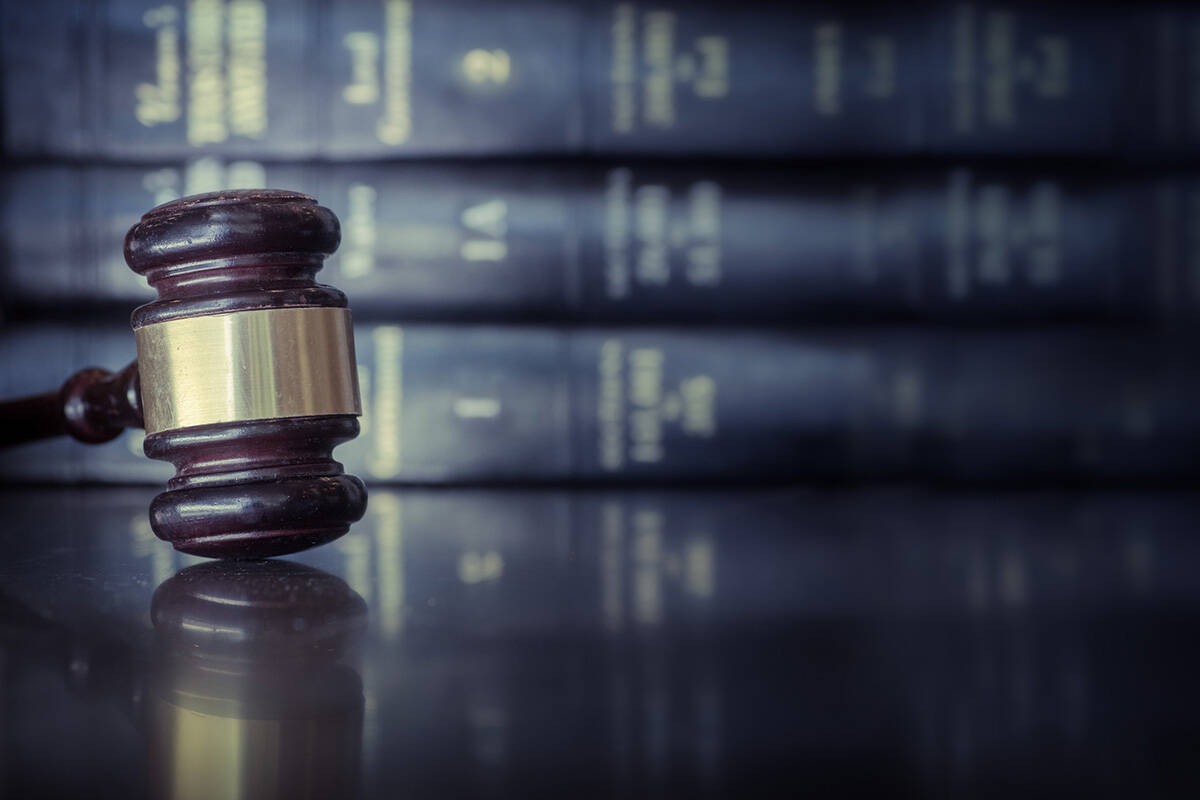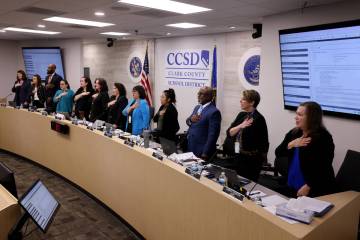EDITORIAL: Boom in federal crimes undermines the rule of law
Nancy Pelosi famously remarked that Democrats would have to pass ObamaCare in order “to find out what’s in it.” The dirty little secret inside the Beltway is that her comment is true about all manner of congressional legislation.
The Wall Street Journal noted last week that the Heritage Foundation and the Mercatus Center at George Mason University have teamed up in an effort to count the number of federal crimes in the U.S. Code. Seems that nobody has any idea how many acts Congress has criminalized over the years.
To make matters worse, the list of offenses is so expansive and diverse that the authorities have plenty of pretense to arrest anyone at any time. Yale Law professor Stephen Carter estimated in 2014 that 70 percent of Americans “have committed a crime that could lead to imprisonment.” Yet there “is no single place where any citizen can go to learn” what is illegal under federal law, a Heritage report concluded. Some federal laws are so impenetrable that “no reasonable person could understand what they mean.”
This hasn’t gone unnoticed. “In our own time and place,” Supreme Court Justice Neil Gorsuch wrote in a recent dissenting opinion, “criminal laws have grown so exuberantly and come to cover so much previously innocent conduct that almost anyone can be arrested for something.”
The Heritage-Mercatus project looked back more than 25 years and determined there were “about 36 percent more criminal sections in 2019” than in 1994, the Journal reported. It’s worth noting that the study doesn’t include the 175,000-page Code of Federal Regulations, which includes thousands of offenses that can result in jail time.
“With so many different laws on the books,” Eli Lehrer, president of R Street, wrote for The Hill in 2019, “clever and determined prosecutors can threaten decades in prison for acts that may amount to simple bad judgment.” Indeed, given that the Supreme Court has sanctioned the erosion of constitutional protections against double jeopardy, the expansion of the federal code — which often overlaps with state laws — makes it more likely that defendants may be charged twice with the same crime.
“Ultimately, the best solution is to cut back on the scope and complexity of law,” wrote Ilya Somin, a law professor at George Washington University, “though I fear we may not have the political will to do it.”
Criminal justice reform is a hot topic. Perhaps Democrats and Republicans could find middle ground on that issue in a proposal to reduce the number of duplicative and overly broad federal crimes on the books while vowing a freeze on the creation of ever-more offenses.






















